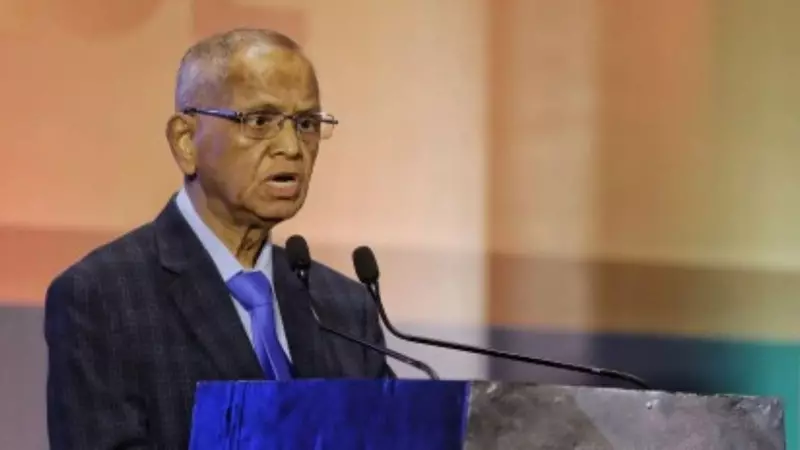
The Karnataka government's comprehensive socio-economic and caste survey has encountered significant resistance in the state capital, with Bengaluru's affluent communities and technology sector elites leading a quiet but effective boycott movement.
The Infosys Factor
Adding considerable weight to the opposition, Infosys co-founder NR Narayana Murthy has publicly criticized the survey, calling it "an unnecessary intrusion into personal lives." His comments have resonated strongly within Bengaluru's influential tech community, where many share concerns about data privacy and the survey's methodology.
Urban Apathy Meets Active Resistance
What began as general urban apathy has transformed into organized resistance in several upscale Bengaluru neighborhoods. Residents' welfare associations in areas like Indiranagar, Koramangala, and Whitefield are actively discouraging participation, citing concerns about:
- Data security and potential misuse of personal information
- Questionable survey methodology and implementation
- Perceived political motivations behind the exercise
- Lack of clarity on how the data will benefit communities
Government's Response
The Siddaramaiah-led Congress government finds itself in a challenging position. Having allocated substantial resources and political capital to the survey, officials now face the prospect of incomplete data from the state's most economically significant region.
Government representatives have attempted to reassure citizens, emphasizing that the survey aims to create equitable development policies and ensure fair resource distribution. However, these assurances have done little to quell the growing skepticism among Bengaluru's urban population.
Broader Implications
The Bengaluru boycott raises serious questions about the survey's overall validity. Without comprehensive participation from Karnataka's most populous and economically vital city, the resulting data may present a skewed picture of the state's caste dynamics and socio-economic landscape.
The situation highlights the complex challenge of implementing large-scale social surveys in increasingly privacy-conscious urban environments, particularly among educated, affluent communities who question the government's data handling capabilities.






